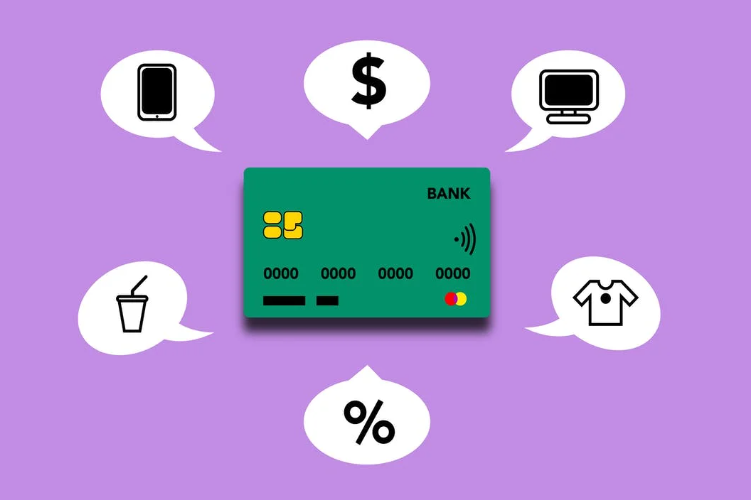If you are in the process of starting up a new business, you may be wondering what interchange fees are and how they could potentially affect your bottom line. Interchange fees are simply the fees charged by credit card companies to merchants for the privilege of accepting credit and debit cards as payment.
It can affect new start-ups because these fees are generally passed on to the merchant in the form of higher prices, which can eat into profits. In this article, we will explain what interchange fees are, how they are calculated, and how they can impact your business.
What Are Interchange Fees?
Interchange fees are the fees charged by credit card companies to merchants for the acceptance of credit and debit cards as payment. These fees are typically a percentage of the total transaction amount, plus a fixed fee per transaction.
The fees are used to cover processing expenses, fraudulent activity, and bad debt losses, as well as the security risks involved in authorizing the transaction.
How Interchange Fees Are Calculated?
Interchange fees are determined by a variety of criteria. To make it easier for merchants, credit card companies compute interchanges into a flat fee plus a percentage of the overall sales figure (including taxes).
Every year, billions of dollars are paid out by merchants to cover these fees. The average rate comes out to about 2% of the purchase amount. However, it can vary significantly depending on the type of card used, the merchant category code, and other factors.
How to Avoid or Lower Interchange Fees?
There are a few ways that you can avoid or lower interchange fees. One way is to carefully consider which cards you accept. For example, if you know that you will be accepting a lot of American Express cards, you may want to look into negotiating a lower rate with them.
Another way to potentially lower your interchange fees is to process more transactions through your point-of-sale system instead of online. This is because card-present transactions have a lower risk of fraud, so the interchange fee is usually lower.
You can also offer discounts or rewards for customers who use cash or check instead of credit or debit cards. This will help you to lower your overall interchange fees.
Get A Free Consultation
Book a free call with us to discuss how we can help you expand in new regions, scale, and get the cash flowing in your business.
How Interchange Fees Can Affect Your Business?
Because interchange fees are generally passed on to the merchant in the form of higher prices, they can eat into profits. In some cases, these fees can be as high as 4% of the total transaction amount.
To offset this, many businesses choose to increase their prices slightly to cover the cost of interchange fees. Others absorb the cost by reducing their margins or by offering discounts to customers who pay with cash.
No matter how you choose to deal with interchange fees, it’s important to be aware of them and factor them into your pricing strategy. Otherwise, you may find yourself at a disadvantage when competing against businesses that have taken them into account.
Conclusion
Interchange fees are a necessary part of doing business if you accept credit and debit cards. However, there are ways to lower the fees, such as carefully considering which cards you accept and processing more transactions through your point-of-sale system. By taking these steps, you can help to keep your interchange fees to a minimum.
If you are looking for a secure payment solution for your business, then look no further. We specialize with many years of experience in providing robust payment solutions for businesses of any size. We only use up-to-date technologies to keep you updated with the latest trends. This way we ensure to give your customers the best possible experience. Book a free consultation call with us today, and let us take your business to the next level!
Get A Free Consultation
Book a free call with us to discuss how we can help you expand in new regions, scale, and get the cash flowing in your business.





